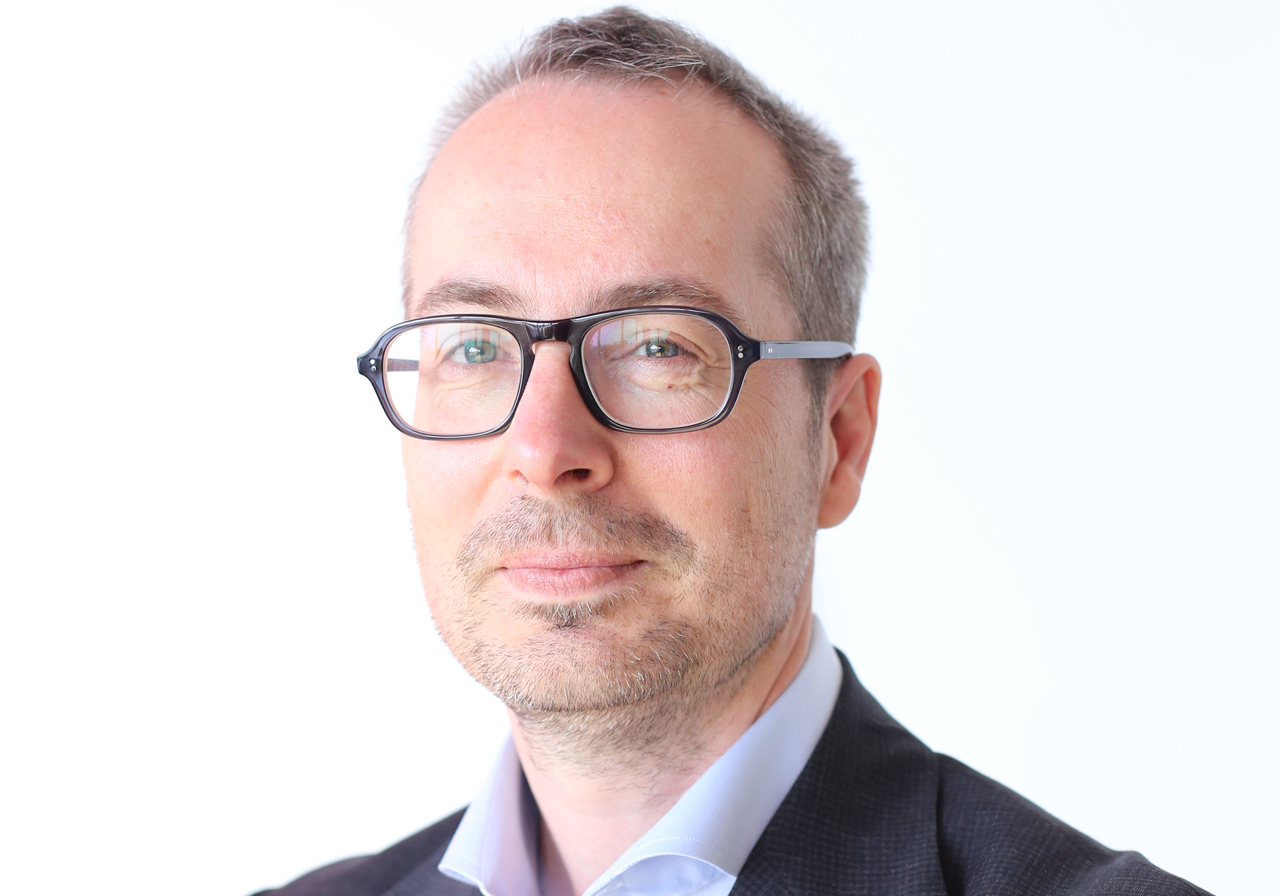Professor Vincent Thijs, co-head of Stroke at The Florey, said, “I believe my project, Screening for Early-onset Amyloid Related Cerebral Haemorrhage, will provide valuable insights into abnormal blood vessel structure in young people, which may be the cause of more unexplained strokes than we realise.”
The Stroke Foundation awarded Professor Thijs the inaugural Gavin Paul Bennier Memorial Grant of $240,000 over three years as part of their 2019 Research Grant Program.
The Gavin Paul Bennier Memorial Grant has been offered on behalf of the Bennier family, who established a fund in their son’s honour after he tragically lost his life to stroke in 2017 at the age of 45.
Professor Thijs thanked the Bennier family, supporters of the grant and the Stroke Foundation.

“Given this blood vessel disease is a rare condition, the project would not have been possible without their extreme generosity,”
Other Florey recipients include Dr Karen Borschmann, who will study stroke rehabilitation service provision for young stroke survivors and Dr Matthew Pase who will study exercise’s role in stroke recovery as part of Associate Professor Amy Brodtmann’s ongoing PISCES study.
Dr Borschmann received the inaugural Tim Glendinning Memorial Grant ($50,000), and Dr Pase received a $50,000 Stroke Foundation seed grant toward their projects.
Stroke Foundation Research Advisory Committee Chair Professor Amanda Thrift said this project has the potential to make a real difference for people with stroke.
“After a stroke, cognitive decline can be an incredibly challenging issue for people. It can impact their independence and ability to live well,” Professor Thrift said.
“Currently around 20 strokes a day are impacting Australians of working-age. International evidence shows the number of working-age people impacted by stroke will increase in the coming years, largely due to lifestyle factors.”
“Effective research takes time, perseverance and a great deal of funding,’’ Professor Thrift said.